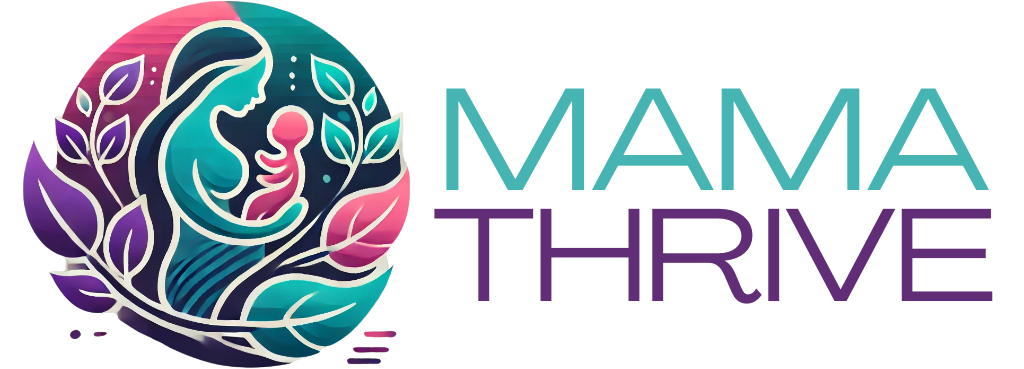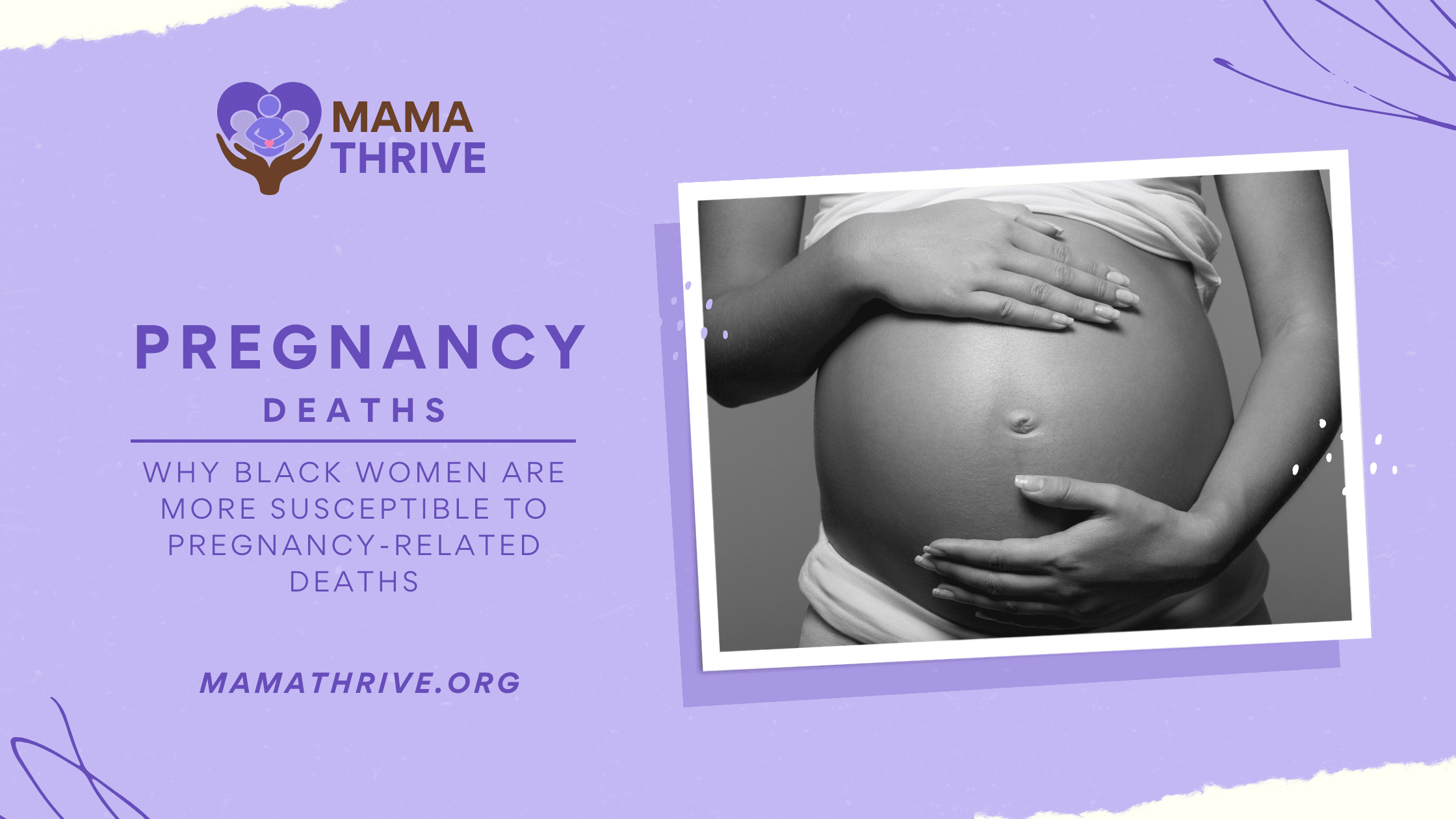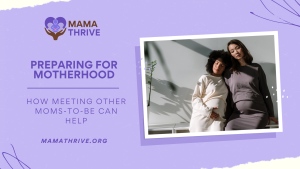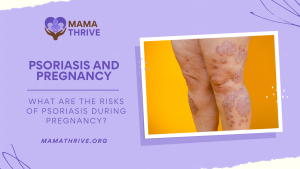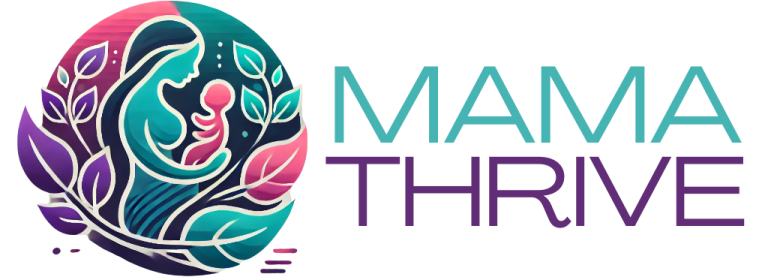Black women are more likely to have pregnancy-related deaths from pregnancy complications than any other women in the United States. They are three to four times more likely to die from pregnancy-related causes than white women.
Many factors contribute to this increased risk. For one, black women are more likely to suffer from chronic conditions like diabetes and hypertension, which can complicate pregnancy. They are also more likely to be obese, which can increase the risk of complications like gestational diabetes and preeclampsia.
Additionally, black women are less likely to receive adequate prenatal care. They may have difficulty accessing care due to financial constraints or lack of transportation. They may also face discrimination and bias from providers.
To discuss the specifics of this matter, here are some reasons black women are more susceptible to pregnancy-related complications and deaths.
1. Black women are more likely to suffer from chronic conditions
Chronic diseases like diabetes and hypertension are major risk factors for pregnancy-related deaths. These conditions can lead to a number of complications, including preeclampsia, gestational diabetes, and preterm birth. When these conditions are not adequately managed, they can be deadly for the mother and her baby.
There is debate over whether black women are more chronic conditions because of physiological factors or if they experience them more frequently due to socioeconomic factors like poverty and racism. Either way, black women are more likely to suffer from these conditions, which can lead to pregnancy-related complications.
Many factors contribute to black women being more prone to chronic conditions. For one, they are more likely to experience poverty and racism, which can lead to health problems. Additionally, black women are less likely to have access to quality healthcare, which can exacerbate pre-existing health conditions. Finally, many black women suffer from stress and trauma due to discrimination and bias they experience from the healthcare system.
2. They are also more likely to be obese
There is a clear relationship between obesity and pregnancy-related complications. An obese woman is more likely to experience preeclampsia, gestational diabetes, and other health problems. These conditions can be dangerous for both the mother and her baby.
Obesity is a significant public health concern in the United States. Nearly 35% of American adults are obese, which is only growing. As rates of obesity increase, so too do the number of women who experience pregnancy-related complications. This is a significant problem, and more needs to be done to address it.
Gestational diabetes is a type of diabetes that develops during pregnancy. It is caused by high blood sugar levels and can lead to several health problems for the mother and her baby.
Preeclampsia is a condition that can develop during pregnancy. It causes high blood pressure and protein in the urine and can lead to serious health problems for the mother and her baby.
There are a number of ways to address the problem of obesity. One fundamental way is to provide more education on healthy eating and physical activity. Another is ensuring all women have access to quality healthcare, regardless of socioeconomic status. Finally, we need to address the root causes of obesity, such as poverty and racism. Only then will we be able to make real progress in tackling this epidemic.
3. Additionally, black women are less likely to receive adequate prenatal care.
Healthcare is hard to get for black women, contributing to their higher rates of pregnancy-related deaths. One of the reasons black women are less likely to receive adequate prenatal care is that they have difficulty accessing care. This can be due to financial constraints or lack of transportation. Additionally, black women often face discrimination and bias from providers, making it challenging to get the care they need.
Learn about prenatal care to know what kind of care pregnancy moms need.
One of the significant financial constraints facing black women is poverty. Black women are more likely to live in poverty than any other demographic group in the United States. This can lead to several health problems, including difficulty accessing quality healthcare.
Additionally, black women are less likely to have health insurance than white women. This means they are less likely to have access to preventive care and treatment for chronic conditions. This can also lead to pregnancy-related complications.
Black women often have to pay out-of-pocket for healthcare services, which can be prohibitively expensive. This usually leaves them with no choice but to go without care.
Several things can be done to address the financial constraints faced by black women. One is to provide more affordable healthcare options. Another is to increase access to social programs like food stamps and Medicaid.
Poor transportation can be a major barrier to accessing prenatal care. This is especially true for women who live in rural areas or have difficulty getting to the doctor’s office.
There are some ways to address this problem. One is to provide more transportation options, such as free or discounted bus passes. Another is ensuring that all healthcare facilities are accessible, regardless of location. Finally, we need to address the root causes of poverty, such as racism and discrimination. Only then will we be able to make real progress in improving the health of black women and their families.
4. Finally, black women may also face discrimination and bias from providers.
Many healthcare providers hold biases against black women, which can lead to substandard care. This can include providing less information about prenatal care, making assumptions about the health of black women, or refusing to treat them all together.
Many things can be done to address this problem. One is to provide more training for healthcare providers on delivering quality care to black women. Another is to increase diversity among healthcare providers.
We should ensure that all healthcare facilities are accessible, regardless of location. We should also provide more transportation options, such as free or discounted bus passes. Finally, we must address the root causes of racism and sexism, such as institutionalized discrimination. \
There are several things black women can do to protect themselves from pregnancy-related deaths. One is to make sure they have access to quality healthcare. This includes preventive care, as well as treatment for chronic conditions.
Another is to make sure they have health insurance. This will help them pay for necessary care.
Finally, black women should be aware of their rights as patients. They should know they have the right to receive quality care from their providers, regardless of race or ethnicity.
MamaThrive is here to help.
Black women should understand their health well and the risks associated with pregnancy. They should be proactive in seeking information from their healthcare providers about staying healthy during pregnancy using an efficient telehealth program accessible 24/7. And MamaThrive gives accessible information and services to black women who require help and support in maternity care. Take your pregnancy as a high priority with MamaThrive as your partner!
